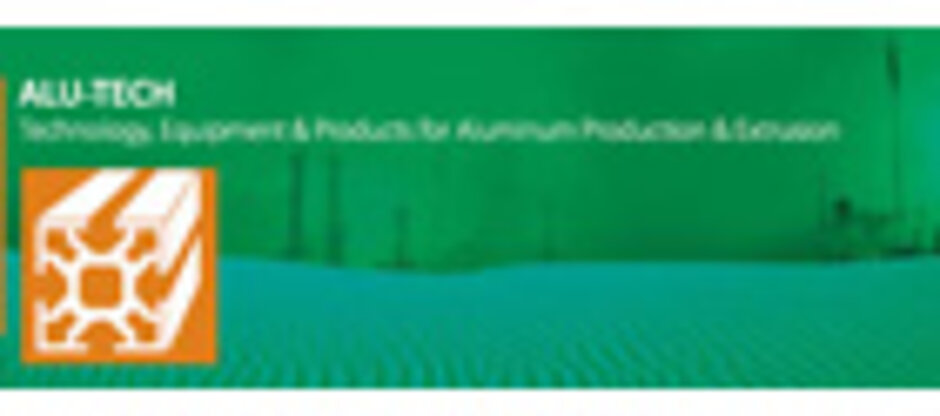Now in its second edition, this biennial event exclusively caters to the core sector industries showcasing technology, equipment, products and services for aluminium, steel, cement, glass and ceramic manufacturing.
Each industry is brought into focus with sub-sections such as Steel-Tech, Alu-Tech, Cement-Tech and Glass & Ceramic -Tech.

Alu-Tech
The GCC countries currently produce around 2.2 million tonnes of aluminium, which is expected to reach four million tonnes in 2010. By 2020, new and expanding smelters will push production to a record nine million tonnes with the majority of the demand coming from the UAE, Saudi Arabia, Qatar and Kuwait, according to
an industry report.
Currently, the Gulf's two operating smelters are Dubai Aluminum (Dubal) and Aluminium Bahrain (Alba). Other smelters are under construction or in the planning stage in the Gulf region.
The region currently constitutes 3.5 per cent of the total global demand for aluminium. This demand is expected to grow signi_cantly with extrusion growing by 7.9 per cent per annum by 2020, while rolling products will register a growth of 8.3 per cent per annum with casting set to grow 4.7 per cent.
Aluminium projects in the Gulf are among the least expensive in the world given the region's massive energy resources and cheap labour.
Steel-Tech
According to recent statistics, steel production in the Middle East increased by about seven per cent in August 2009 compared to July 2009.
The Middle East is the only region which has registered a positive growth of 2.2 per cent during the _rst eight months of 2009 compared to the same period in 2008.
The long-term outlook for the Middle East steel market is more promising, given an expected rebound in the oil price fuelling economic growth and capital investment.
Hadeed (Saudi Iron & Steel Company) is to build a new Iron & Steel plant in Jubail Industrial City. Newly formed Sulb National Co will start before the end of next year a 300,000 tonnes steel billet plant to cover 20 percent of Saudi Arabia's de_cit in this product. The world's biggest steel maker Arcelor Mittal plans to build a $130 million steel plant in Kurdish northern Iraq in partnership with the Turkish company Dayen.
The Arcelor Mittal joint venture plant with the Bin Jarallah Group to produce upto 500,000 tons of seamless tube in Saudi Arabia is expected to be completed in 2011. Foulath, a Bahrain-based metals specialist, is considering contracts for three iron pelletizing plants.
Two of the prospective plants are in Egypt with the third located at Salalah, Oman. These new, up-coming and existing steel plants suggest an interesting market in the Middle East for global suppliers to the steel industry.
As a result, steel demand is set to rise over the next few years. By 2013, regional _nished product demand is forecast to grow to 85.5 million tonnes with raw steel production projected at over 50 million tonnes.
For more information: <link http: www.thermalexpo.ae>


